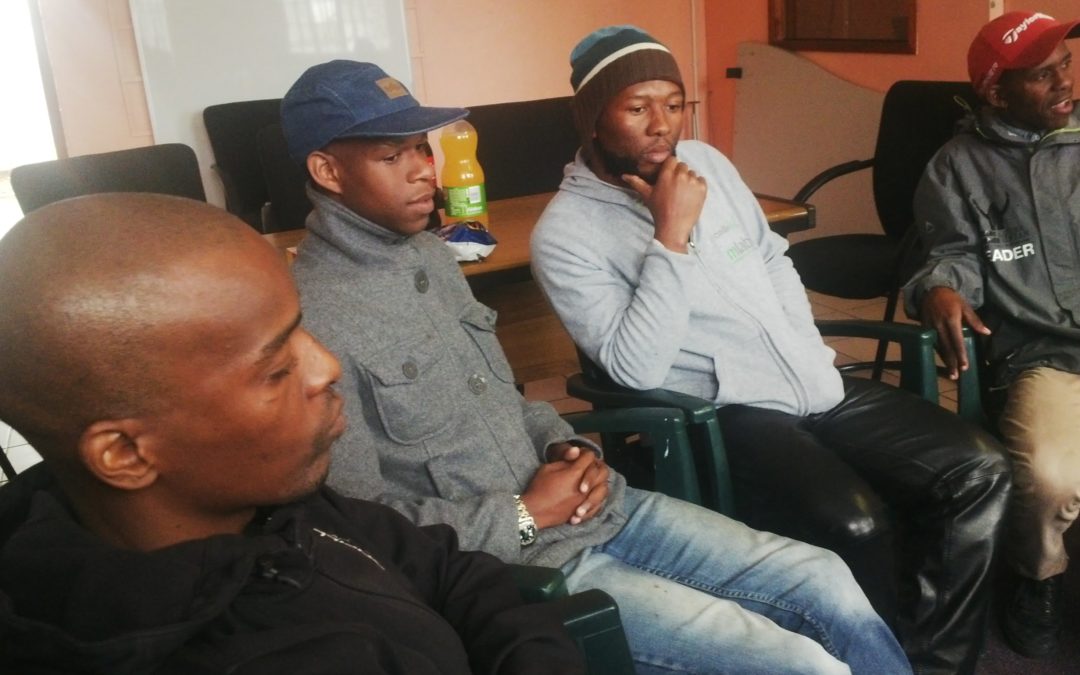In 2014, a Health24 article reported that the Correctional Services Department would develop strategies to ensure that 64% of offenders in prison would complete correctional programmes and 80% would be enrolled in education and skills development programmes in 2014. While some of these programmes have been effective— the Department of Correctional Services proudly released a notice on 14 May 2015 that read, “following extensive training, seventy six (76) female inmates received their certificates in Building, Construction, and Plastering, Assistant Chef Training and Beadwork,” they have not been as successful as one might believe. Indeed, ex-prisoners Street Talk TV talked to informed us that life after prison was not as encouraging as other sources may claim. “They’re doing rehabilitation as a business, not to help communities” Lindani Njilo told us. Furthermore, “they don’t keep track of what’s going on in your life (and) they don’t help you find resources” he said. Indeed, Njilo, among others, were inspired to begin working at organizations like Brothers for All, which teaches youth important skills such as computer coding for free, because they believed that other strategies designed to re-integrate ex-prisoners into the community were not effective.
Inside the walls of prison, a UN Human Rights Committee report found that “South African jails are overcrowded, violent and unsanitary.” According to the Sunday Times, the report also noted that “sexual abuse in places of detention is a widespread problem that directly infringes on the right to personal safety and freedom from violence for far too many inmates in South Africa.” The ex-convicts we talked to affirmed these statements, and had no desire to return to life in jail. Njilo said that he was “thinking prison was some form of graduation for me, (but) it’s actually a downfall for you.” But rather than just focusing on making lives better for themselves and others after prison, the former prisoners we talked to said that they wanted to work to prevent youth from ever going to jail in the first place. “Boredom in the townships is a very big crisis,” Njilo told us. Jabulani Saliwa echoed his sentiments, claiming that “we need to understand the problem (of people going to prison) before we come up with a solution.” He also noted that “most of them (prisoners) are coming from homes where there is no father and no brother.” Indeed, the conditions an individual is exposed to, and the environment they are a part of in South Africa determines their likelihood of being a criminal.
The ex-convicts we spoke to are determined to ensure that the cycle of crime in South Africa, especially in the townships, is broken. “With freedom comes responsibility,” Njilo told us, and Saliwa stressed that “the only one that can help them is us.” Indeed, ex-convicts like Lindani Njilo and Jabulani Saliwa may prove to be more effective in both helping youth to avoid crime and in reintegrating young criminals into society after prison, than government departments are.
-Roz KennyBirch
Sources:
http://www.health24.com/Lifestyle/Man/Your-life/A-day-in-prison-20120721
http://www.dcs.gov.za/docs/2015doc/Media_release_on_graduation_at_pollsmoor_on_14_may_2015.pdf
http://www.timeslive.co.za/sundaytimes/stnews/2016/04/10/WATCH-Violent-and-unsanitary—inside-SAs-overcrowded-jails
*Note: Stay tuned for our upcoming episode on the organization, Brothers for All, mentioned above




